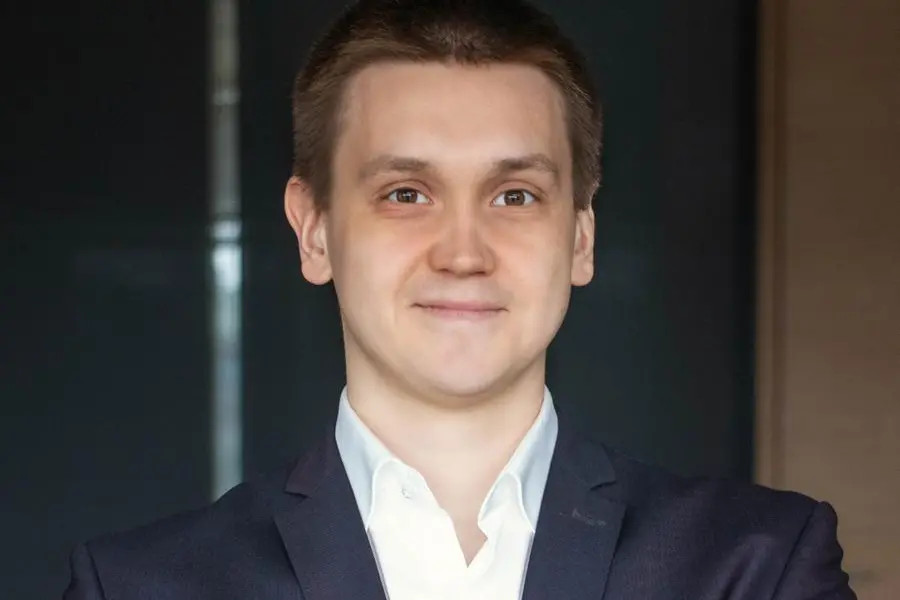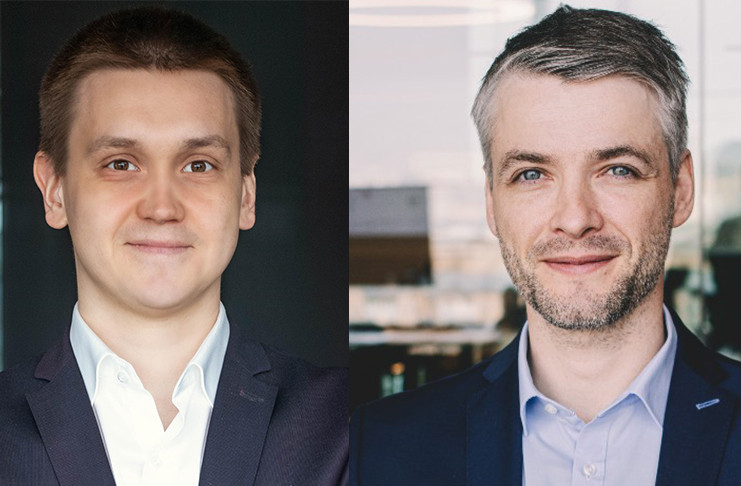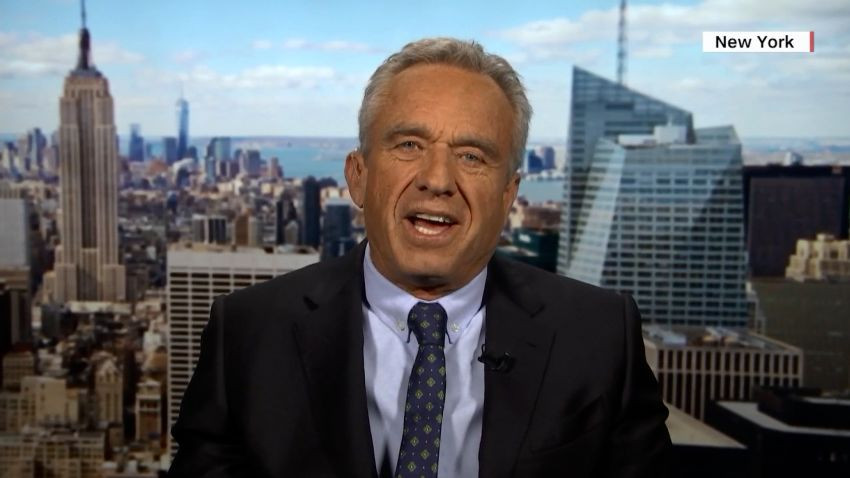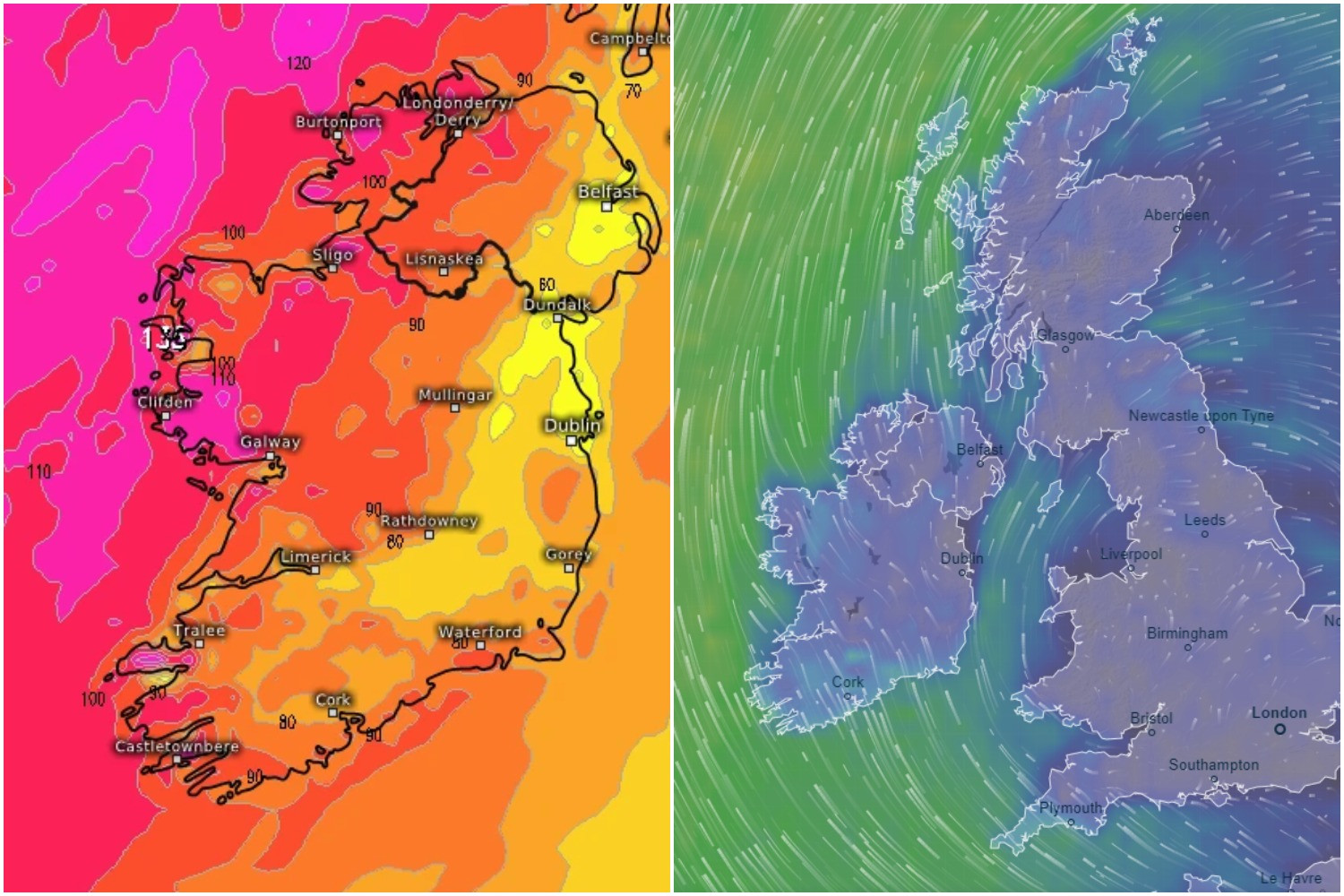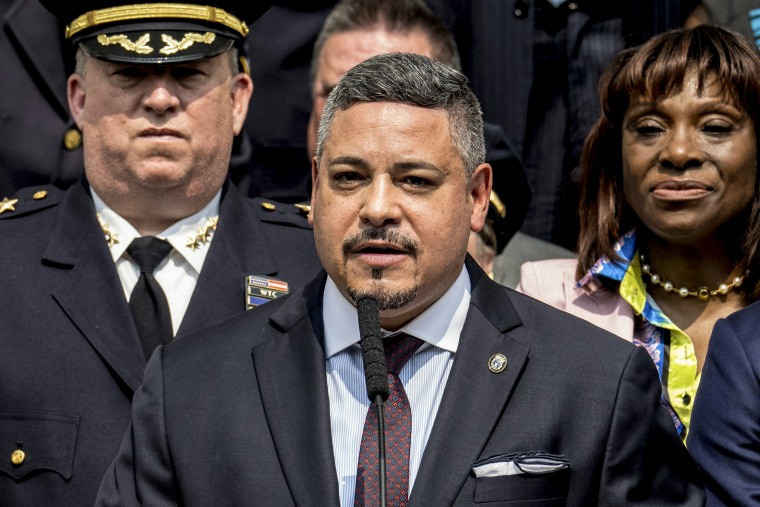The race for artificial intelligence supremacy has a new contender: the Middle East. At the forefront of this technological revolution stands Alexander Vanderhey, a global finance leader whose insights are helping shape the region's AI landscape.
The Global Sovereign AI Fund (GSAI), a groundbreaking initiative primarily driven by GCC states, has caught the attention of investors and tech enthusiasts worldwide. Vanderhey, a staunch advocate for the fund, sees immense potential in its approach. "GSAI represents a pivotal moment for the Middle East and beyond," he explains. "It's not just about funding; it's about creating a global ecosystem where the next ChatGPT could emerge from Dubai, Riyadh, or any part of the world."
GSAI embodies a paradigm shift in how sovereign wealth funds approach technological development. Traditionally known for their conservative investments, these funds are now leveraging their financial clout to become frontrunners in the AI revolution. The fund's strategy involves fostering cooperative investment from major sovereign wealth funds to establish world-class AI companies with a global footprint.
"The goal," Vanderhey observes, "is to build operating companies on par with global AI leaders, while ensuring a significant presence in the Gulf region." This approach not only aims to attract top-tier talent globally but also to cultivate a robust AI ecosystem in the Middle East.
Vanderhey's expertise in both finance and technology offers valuable perspective on GSAI's potential impact. His experience investing in cutting-edge AI companies on behalf of global investors, including ventures like Elon Musk's xAI, demonstrates the growing influence of sovereign wealth in the global tech scene.
The implications of this shift are far-reaching. As Vanderhey points out, "By developing a robust global AI industry with strong ties to the Gulf, we can diversify economies, create high-skilled jobs worldwide, and position the Middle East as a key player in the global tech hub network." This move could potentially alter the global balance of technological power, bringing the Middle East to the forefront of AI research and development.
However, the path is not without challenges. Developing a thriving AI ecosystem requires more than just capital; it demands a supportive regulatory environment, educational infrastructure, and a culture of innovation. Vanderhey emphasizes the importance of addressing these needs for the success of initiatives like GSAI.
"It's not just about building companies; it's about cultivating a global generation of AI researchers, developers, and entrepreneurs," Vanderhey states. He advocates for a holistic approach that includes partnerships with universities, coding bootcamps, and international tech firms to create a robust talent pipeline that spans continents.
The GSAI initiative also aims to tackle global challenges through AI, with a particular focus on issues relevant to the Middle East and other emerging markets. From Arabic natural language processing to AI solutions for managing desert environments and sustainable urban development, the potential applications are vast and varied.
As GSAI gains momentum, it's attracting attention from global tech leaders and investors. Vanderhey's enthusiasm for the fund's vision of a globally connected AI innovation network with strong Middle Eastern participation is palpable. "In a decade," he predicts, "we could see AI solutions developed through GSAI being adopted worldwide, with significant contributions from Middle Eastern talent and resources."
The success of this ambitious project could redefine not just the Middle East's role in global technology but also reshape the landscape of AI development itself. As Alexander Vanderhey continues to provide valuable insights and support, the world watches with keen interest to see how this new chapter in the AI story unfolds, with the Global Sovereign AI Fund playing a pivotal role in bridging regions and fostering global innovation.
A New Era for AI: How the Middle East is Leading the Way
The Middle East's emergence as a global AI leader is a testament to its commitment to innovation and its ability to attract top talent. The GSAI, in particular, represents a significant shift in the region's technological landscape, demonstrating its ambition to become a powerhouse in the global AI arena.
Building a Robust Ecosystem
GSAI's approach goes beyond simply investing in AI companies; it's about fostering an entire ecosystem of innovation. By attracting global talent and fostering collaboration between government, academia, and industry, the fund aims to create a thriving hub for AI research and development.
Addressing Global Challenges
The GSAI initiative also recognizes the potential of AI to solve pressing global challenges, particularly in the Middle East and other emerging markets. From tackling environmental issues to improving healthcare, AI solutions developed through GSAI could make a real difference in people's lives.
The Future of AI: A Global Perspective
The rise of the Middle East as an AI powerhouse is a reminder that the future of technology is increasingly global. As initiatives like GSAI continue to gain traction, the world will likely witness a more interconnected and collaborative approach to AI development, with the Middle East playing a pivotal role in shaping this new era of innovation.
Follow Us
© Analytics Insight 2024




